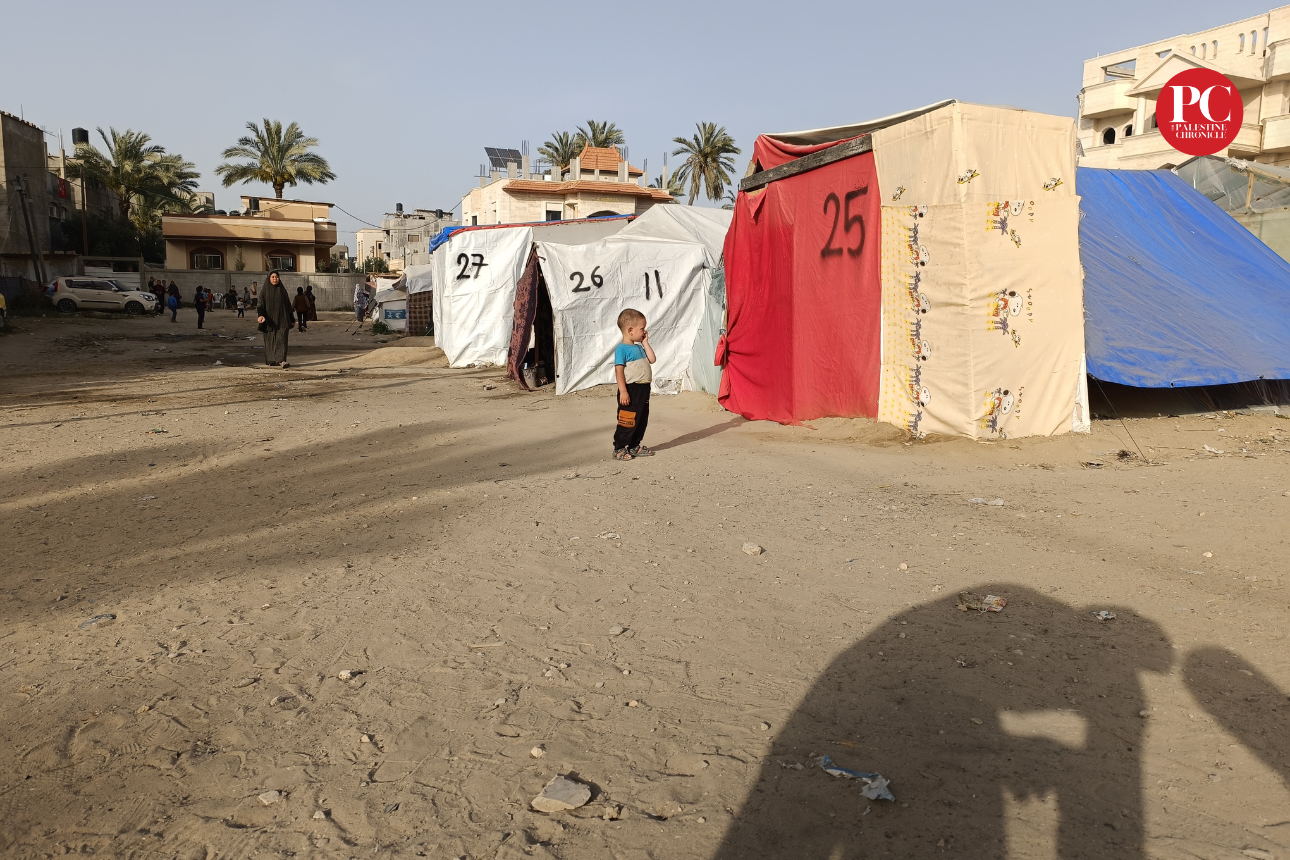
The Palestine Chronicle spoke with two Palestinians currently displaced in the city of Deir Al-Balah, in the central Gaza Strip.
Amid the unparalleled scale of death and destruction, at least 1.9 million people were displaced by Israel’s genocidal war on the Gaza Strip, according to UN figures.
The total population of Gaza, at least prior to the war, was 2.3 million people.
The vast majority of these refugees are currently living in tents, located in makeshift camps, due to Israel’s systematic targeting of UN shelters, schools, hospitals, and even mosques and churches.
Living in a tent, however, is not equivalent to safety as many airstrikes and artillery shelling have targeted the encampments across various regions of the besieged Strip.
Moreover, the living conditions in the tents are extremely poor, especially following an unusual heatwave in Gaza, which reportedly already killed two children.
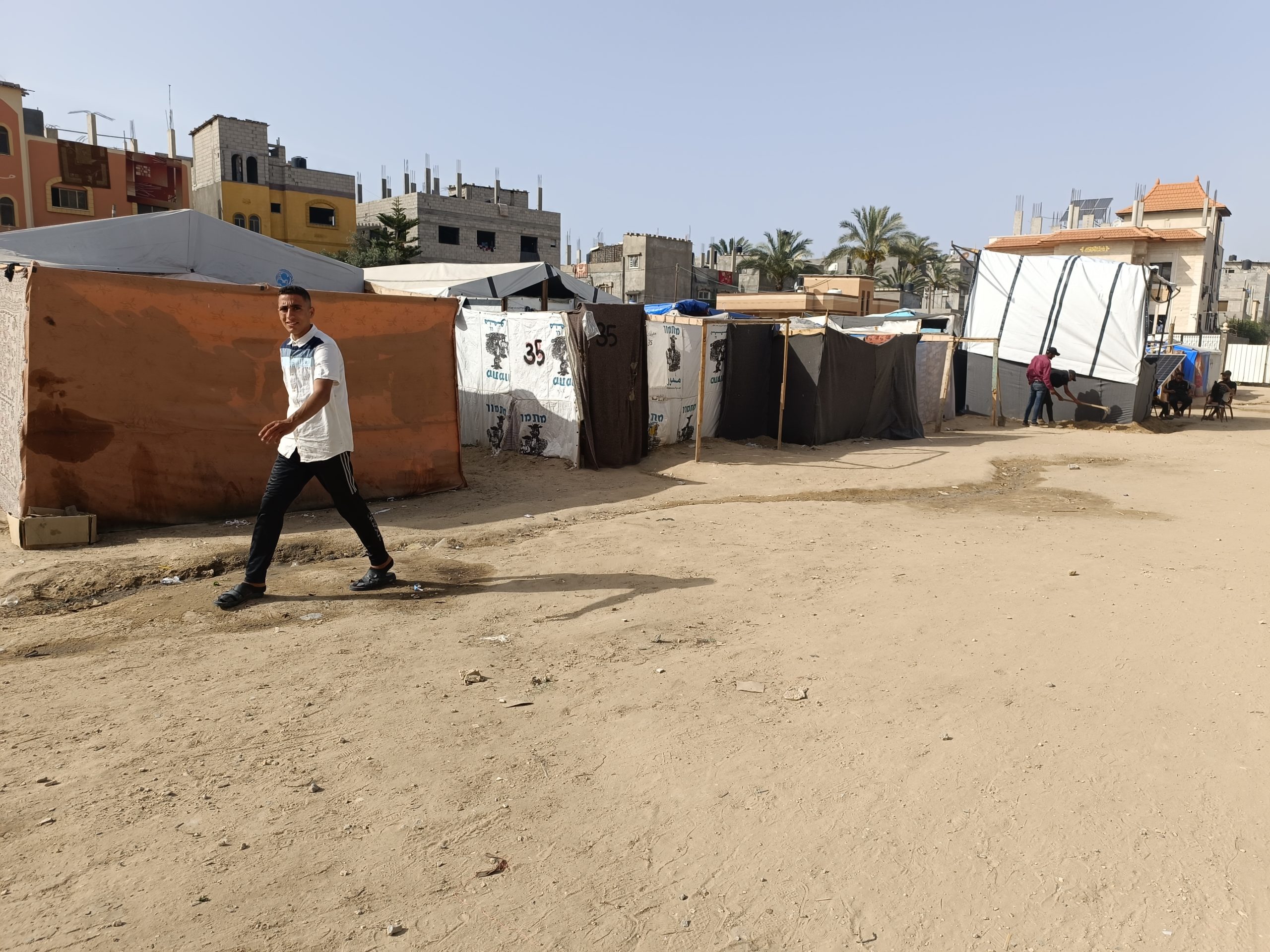
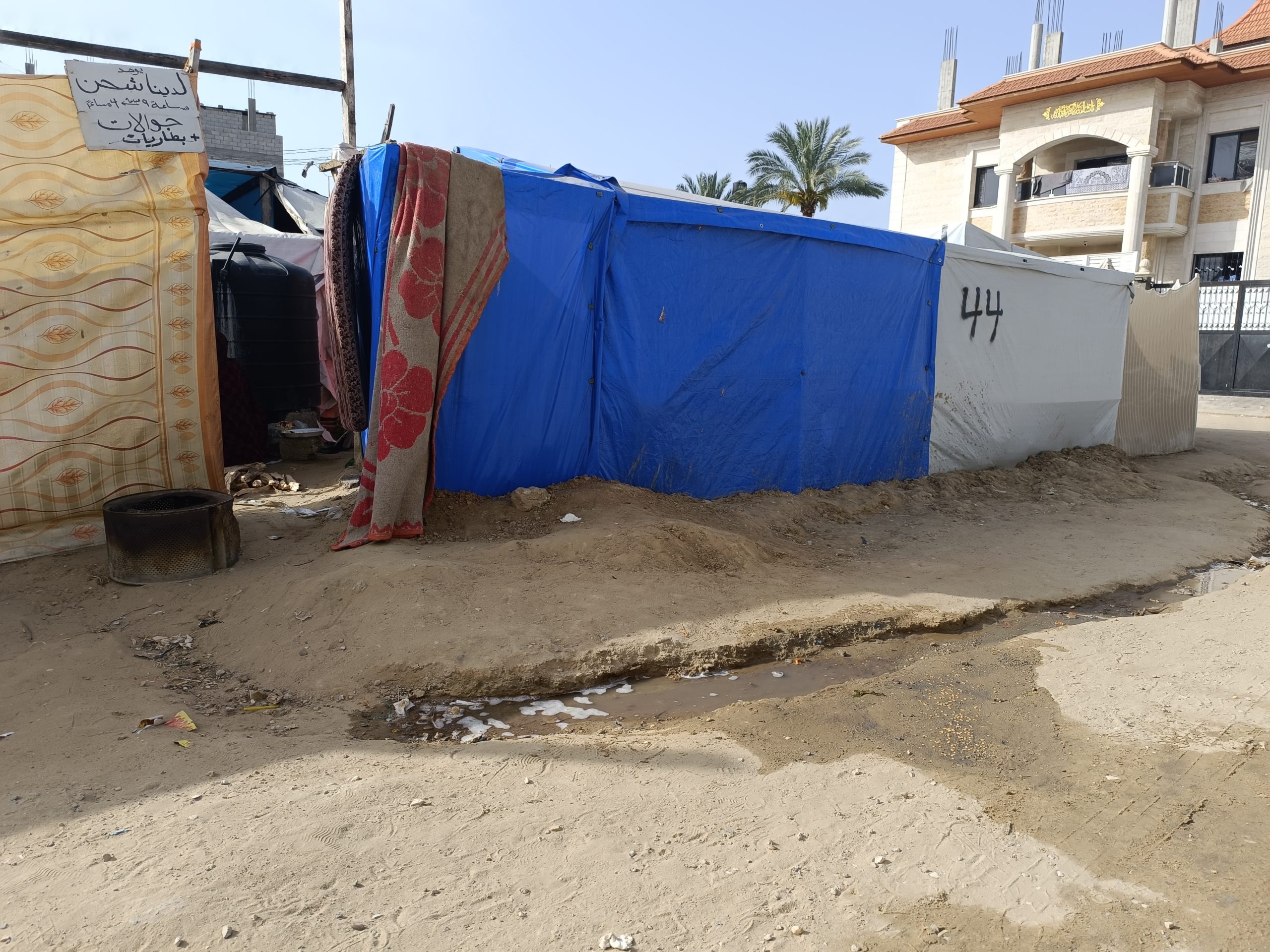
Philippe Lazzarini, UNRWA Commissioner-General, explained on Saturday that Palestinians living in the tents have to endure “death, hunger, disease, displacement, and now living in greenhouses-like structures under scorching heat”.
The Palestine Chronicle spoke with two Palestinians currently displaced in the city of Deir Al-Balah, in the central Gaza Strip.
Life in a Tent
Hajjah Shaimaa al-Eisawi is living in a tent with her family, after escaping from the Hamad Towers in the southern city of Khan Yunis, which were targeted by the occupation forces.
“The tent is extremely hot, and the overall situation is very difficult. There are insects everywhere, the heat is intense, and it is impossible to adapt to this life,” al-Eisawi told the Palestine Chronicle.
“Children suffer from everything. Although we constantly clean the tent, there are insects everywhere,” she added.
Al-Eisawi and her family remained homeless when Israel completely destroyed the city of Hamad.
“We managed to buy an apartment in Hamad with great difficulty. We were very happy but the occupation did not give us time to enjoy living in it. When the war broke out, we were forced to flee from our house, and we found out that it was completely destroyed.”
Secrets by the Sea – Gaza Survivors Seek Respite from Israeli Bombs, Heat and Tents
Al-Eisawi fled to the Nuseirat refugee camp and then settled in Deir Al-Balah.
“We spent the winter struggling with severe cold in the tents, and now we are suffering from the heat.”
Al-Eisawi’s husband, who suffers from heart disease, expressed his desire to go back to Hamad, so they decided to go back and they lived in their destroyed house for a week.
“Then the occupation forces invaded the city again, and it was a very difficult week under intense bombardment,” she explained.
When they tried to leave, however, they were forced to cross Israeli checkpoints. On their third attempt, Israeli occupation forces arrested al-Eisawi’s husband while the rest of the family managed to return to the tents in Deir al-Balah.
“My husband has a heart condition and cannot endure torture or imprisonment, I hope he will be released soon,” al-Eisawi told us, with a shaky voice.
“Our life means nothing without him, we rely on him for everything. We hope the war will end, and we can live in safety,” she said.
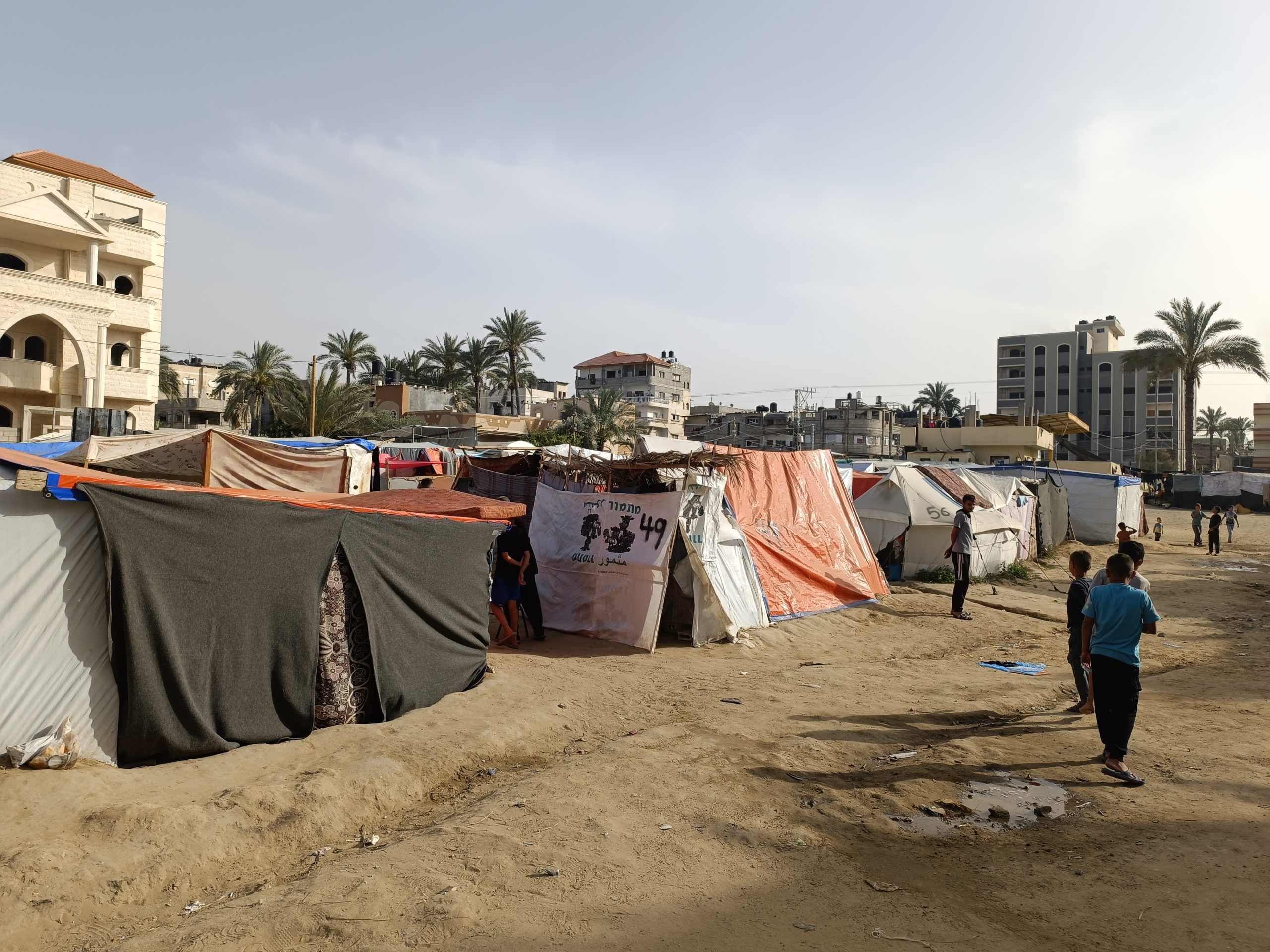
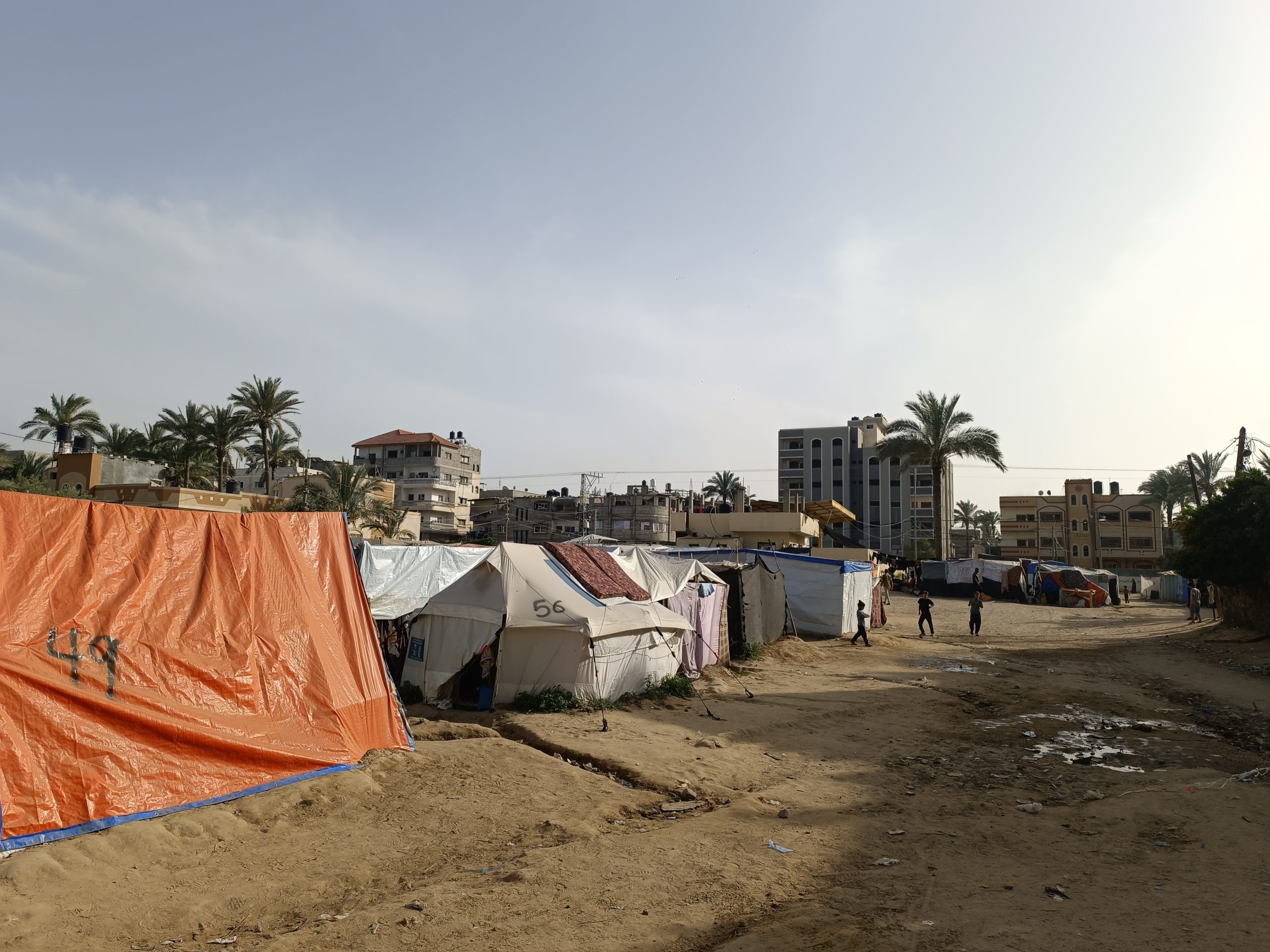
‘Beautiful Activities’
Even amid extreme conditions, however, Palestinians continue to show incredible resilience.
Many refugees decided to organize activities and set up schools in the encampments, to allow children to study despite the war.
Hajj Akram al-Ajjouri fled from the Jabaliya refugee camp, in the north, to Nuseirat, in central Gaza, and remained there for a month.
When Israeli forces invaded Nuseirat, al-Ajjouri and his family headed to Rafah, where they stayed for a month and a half. Later, they returned to Nuseirat for 20 days before settling in tents in the city of Deir al-Balah.
“In all the encampments, I have organized beautiful activities for the displaced people, including events to praise the Prophet Muhammad”, al-Ajjouri told The Palestine Chronicle.
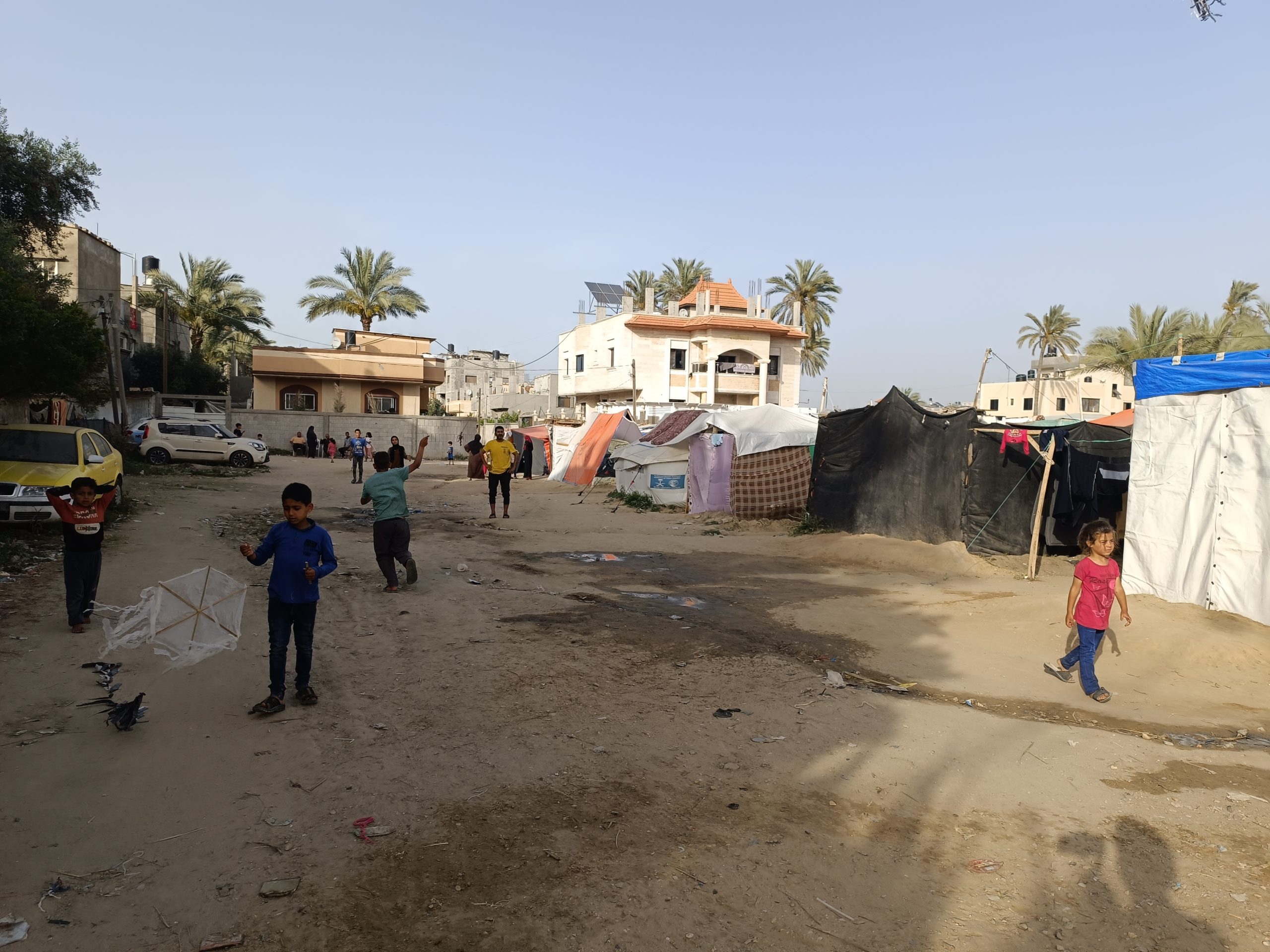
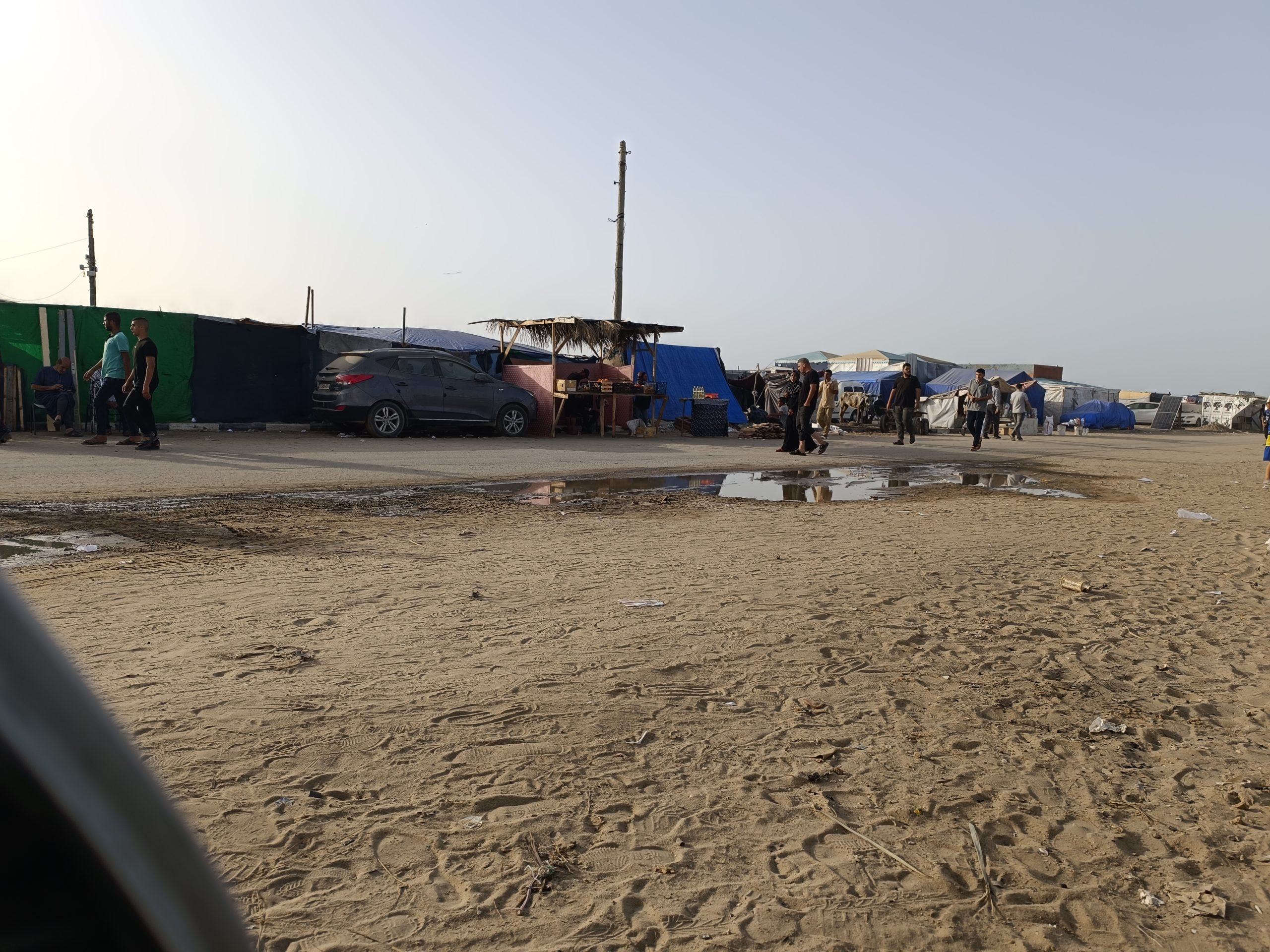
“One of the refugees, who was a teacher, dedicated a tent to educate children,” he explained.
“The occupation deprived our children of education since the beginning of the war, therefore these activities are very important,” al-Ajjouri added.
“We will look for other activities to support our children. We hope the war will end soon, and the suffering we endure will end, and we can return to our homes safely, God willing.”
(The Palestine Chronicle)
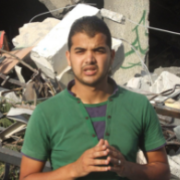
– Abdallah Aljamal is a Gaza-based journalist. He is a contributor for The Palestine Chronicle from the Gaza Strip. His email is abdallahaljamal1987@gmail.com




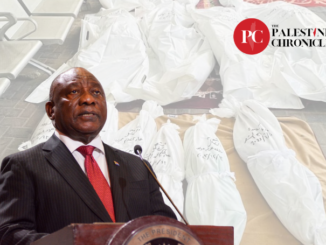
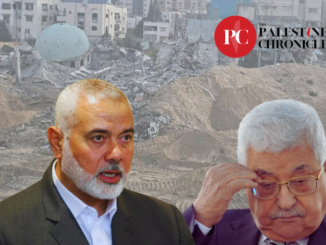


If you mix a quart of water with several drops of peppermint oil it’ll keep bugs at bay. Same with vinegar but it doesnt last as long. Mice too. No animals like peppermint!!